
Humans Of New York popularly known on the social sphere as HumansOfNY is a photojournalism and photo documentary platform. They go around the world covering stories of real people on diverse humane topics.
Their recent visit to Nigeria spurred discussion across all social platforms because of the topics and the discussions the women that were featured decided to speak on.
This 13-Year-Old Nigerian Girl Went From Being Bullied To Becoming A World Famous Fashion Designer
From an artist’s run-in with the police, a young lady’s disillusionment with Christianity, and many more, here are ten Nigerian women’s stories as featured on Humans of New York.


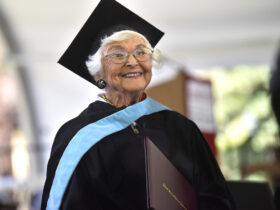

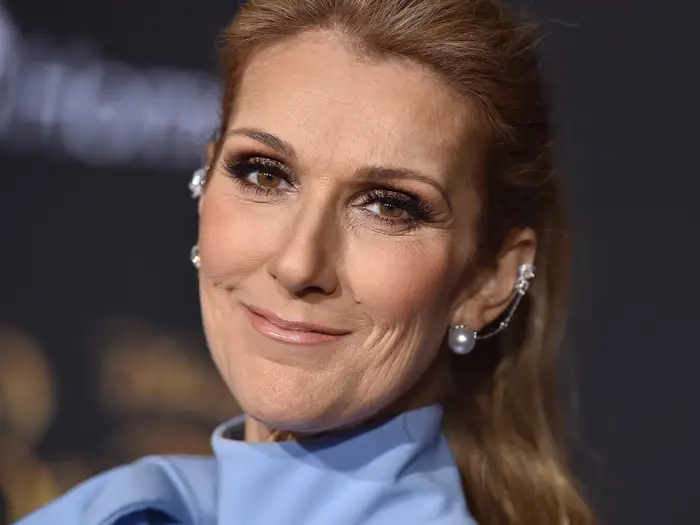
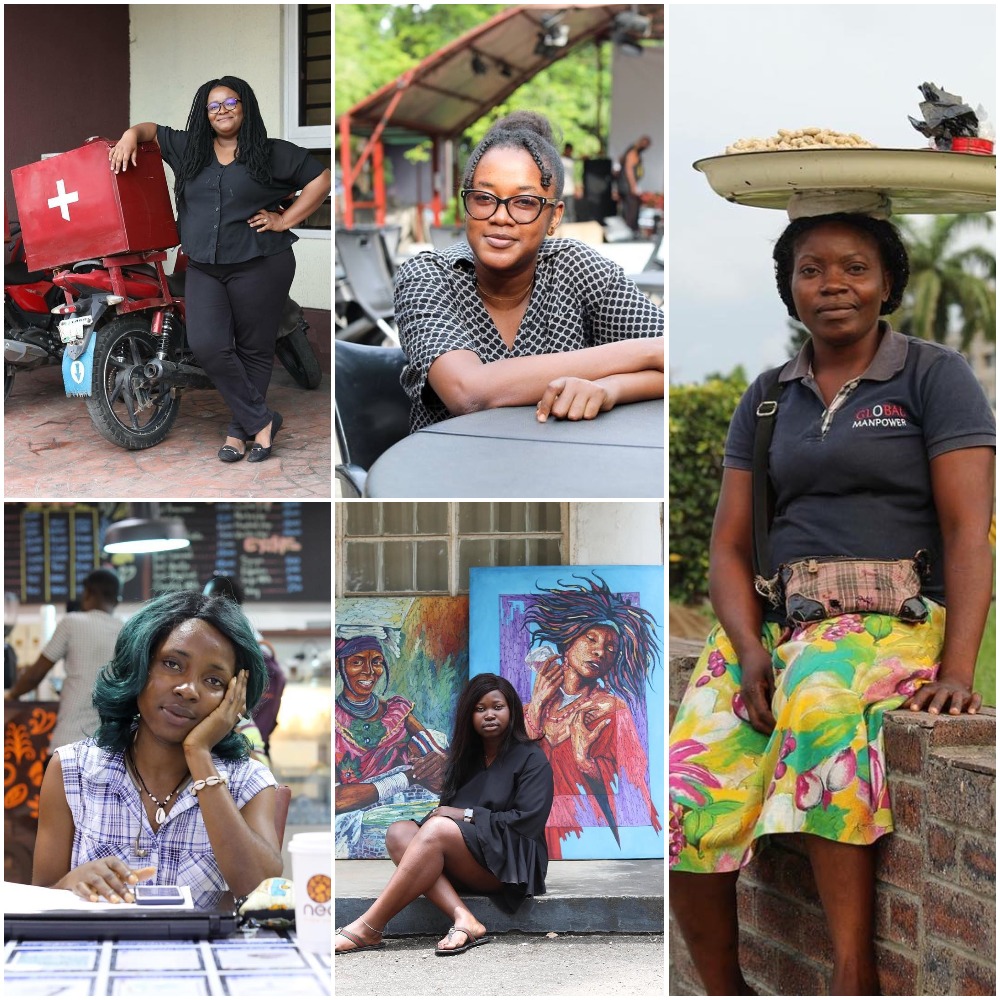
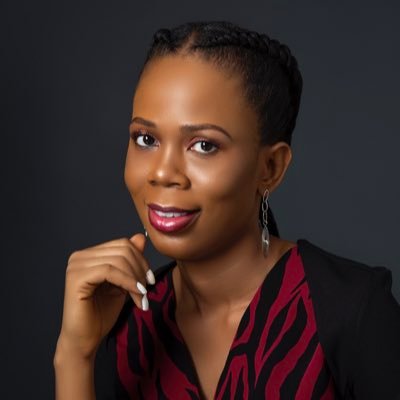


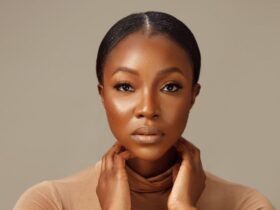

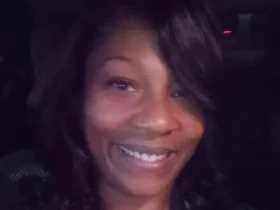

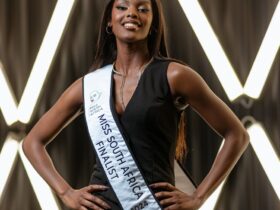
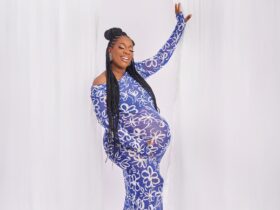
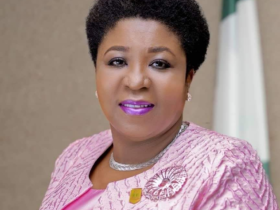
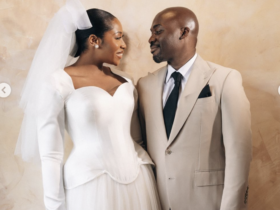
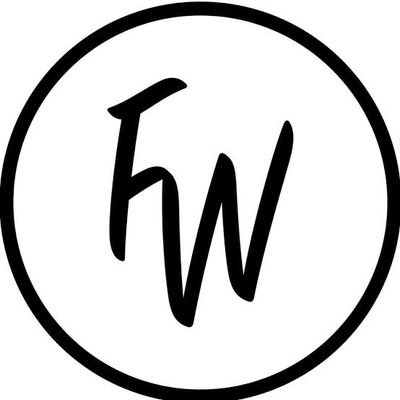
Leave a Reply